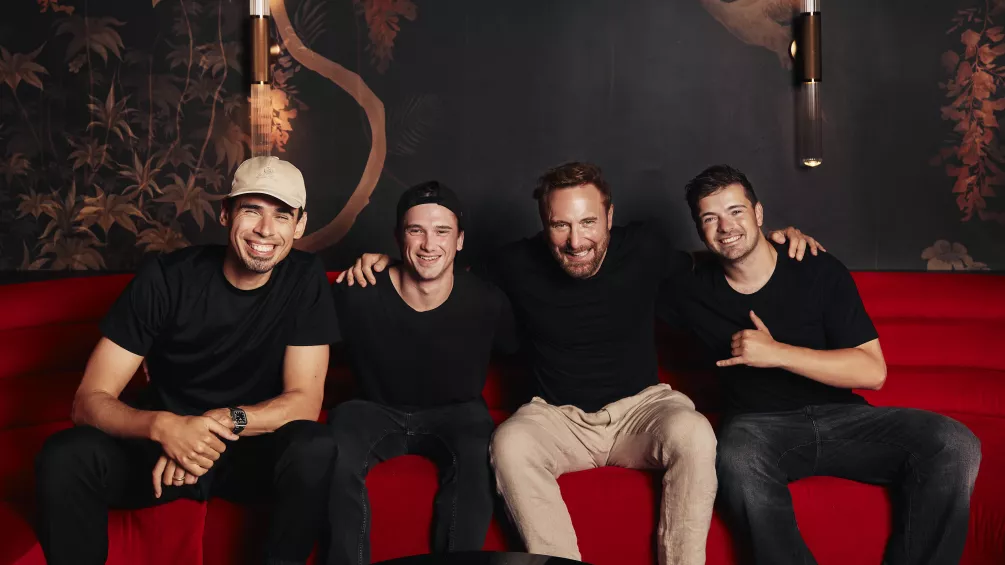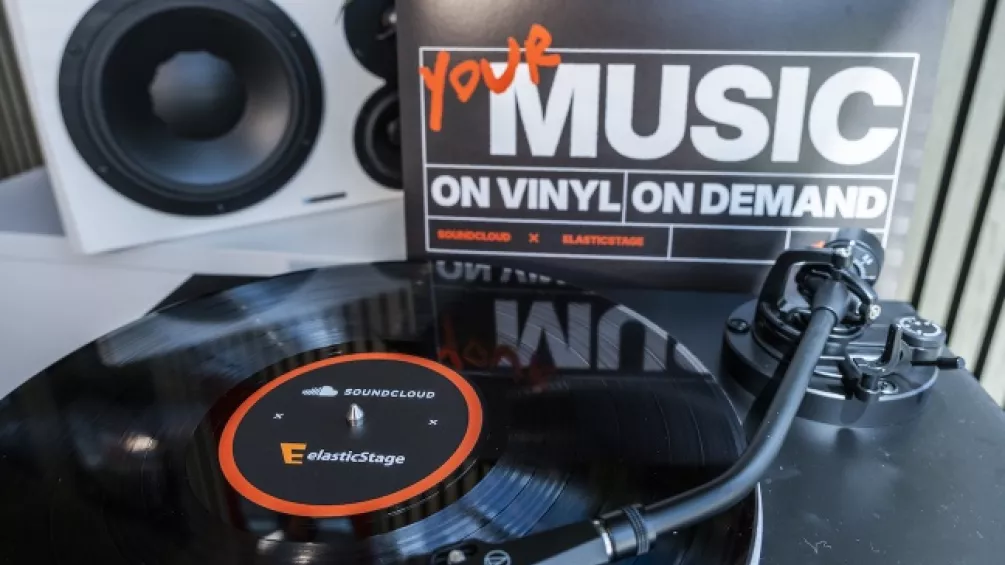
Get to Know: Girls Of The Internet
As with all of the group’s output, it is an album that taps into house music’s earliest spirit, when a whole panoply of people were involved at every level. That is a world away from what the genre had become in the decades leading up to more recent conversations about diversity in the scene. It also arrives in an era when live music is as popular as it has been for a while: from nu-jazz to broken beat, London has become a breeding ground for artists with serious playing chops to really shine, and crowds love it.
With Girls, Kerridge often records the live parts and then treats them as samples. He cuts them up and reworks them into loopy disco-house, but always with a drum machine at the heart. Samples, too, rarely, if ever, feature, largely from a strong moral belief that a white producer such as Kerridge should not be profiting from reworking material made originally, in most cases, by Black artists. “For a long time, dance music was not very inclusive,” Tom says. “Despite its queer and Black roots, it got hijacked, straight-washed, and whitewashed by a lot of straight cis men. I wanted to create a space where people of all genders, sexualities and body types could find a place they can express themselves.”
Though Tom DJs solo as Girls Of The Internet — as he has at Glastonbury’s NYC Downlow, and will for Glitterbox at Hï Ibiza this weekend (August 25th) — his five-piece live band is made up of Sophie Joy and Wynter Black on vocals, Tommy Peach on bass and trumpet, and Kaila Cooper on bass, guitar, keys and vocals. “Dance music and club culture comes from looping uptempo R&B and funk records, which was music made by groups of songwriters and musicians in the studio,” explains Tom. “But I think a lot of people forget that, because we have had nearly 50 years of DJ culture. The band thing does seem to confuse people a little, which is always fun. I do like to occasionally invite some of my singers to perform at my DJ sets too, just to add a little more chaos into the mix.”
Kerridge credits his bandmates with helping him “bring my music to life. They help me translate these records that seem to mean a lot to so many people in live spaces.” He is also quick to point out that many people beyond those five have made this project such a success story — from songwriters to mastering and mixing engineers. “You need to rely on the people around you to be successful in music,” he says. “I have seen so many people who think they can do everything on their own, or take credit for other people’s work through my years in the industry. It never ends well.”





